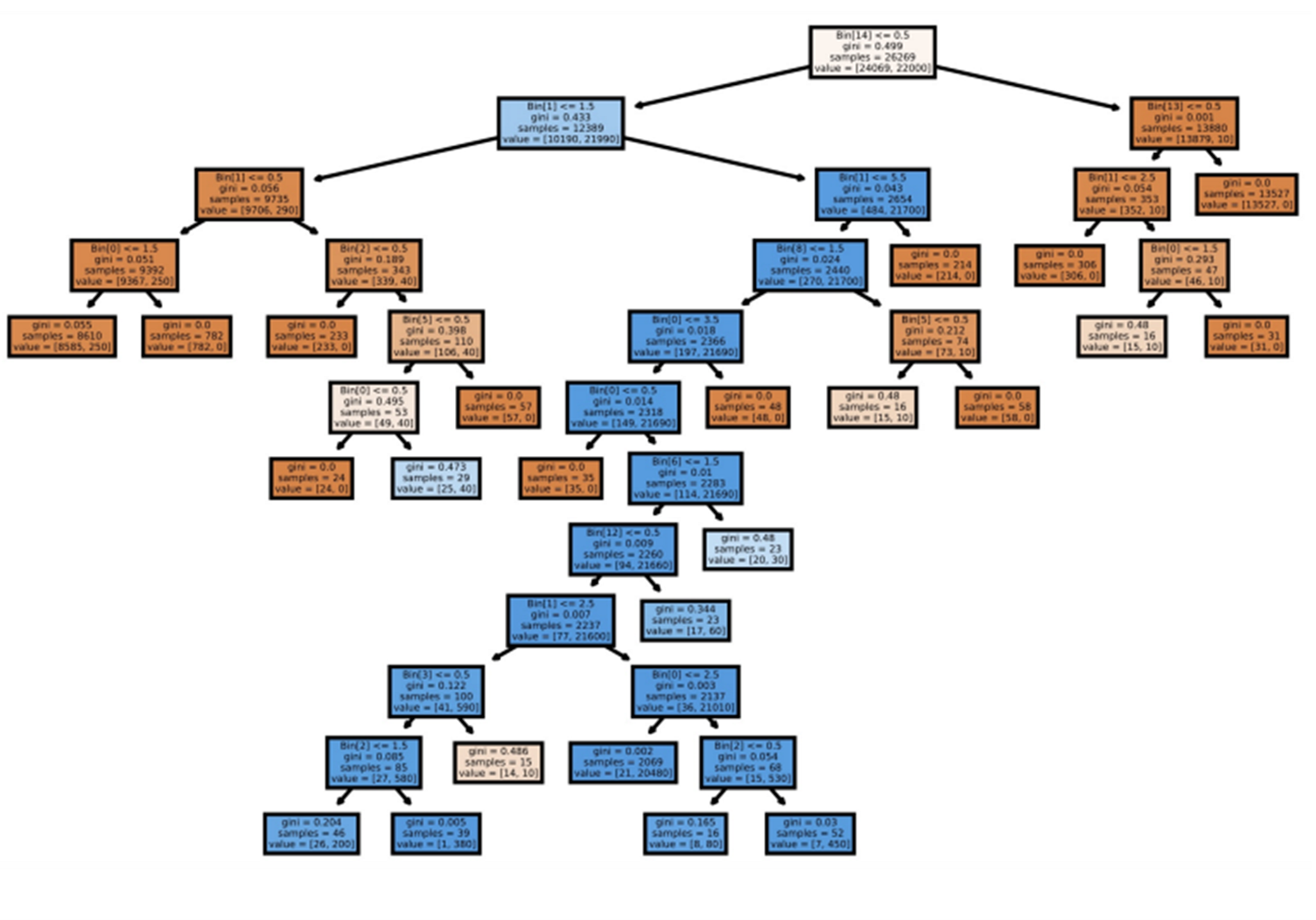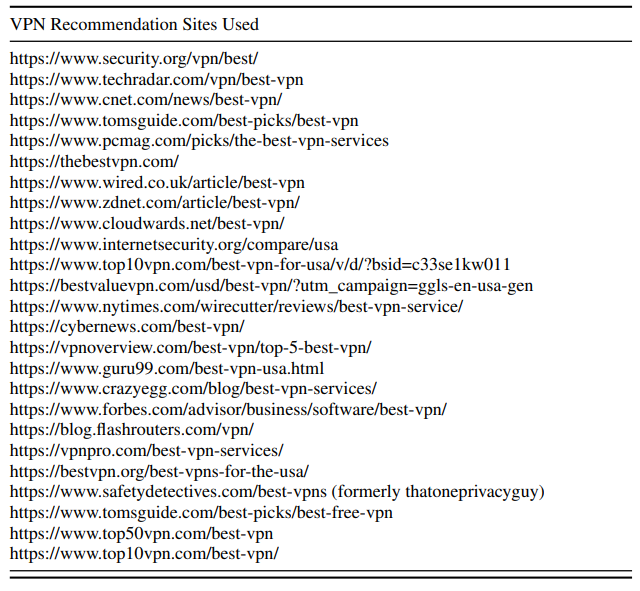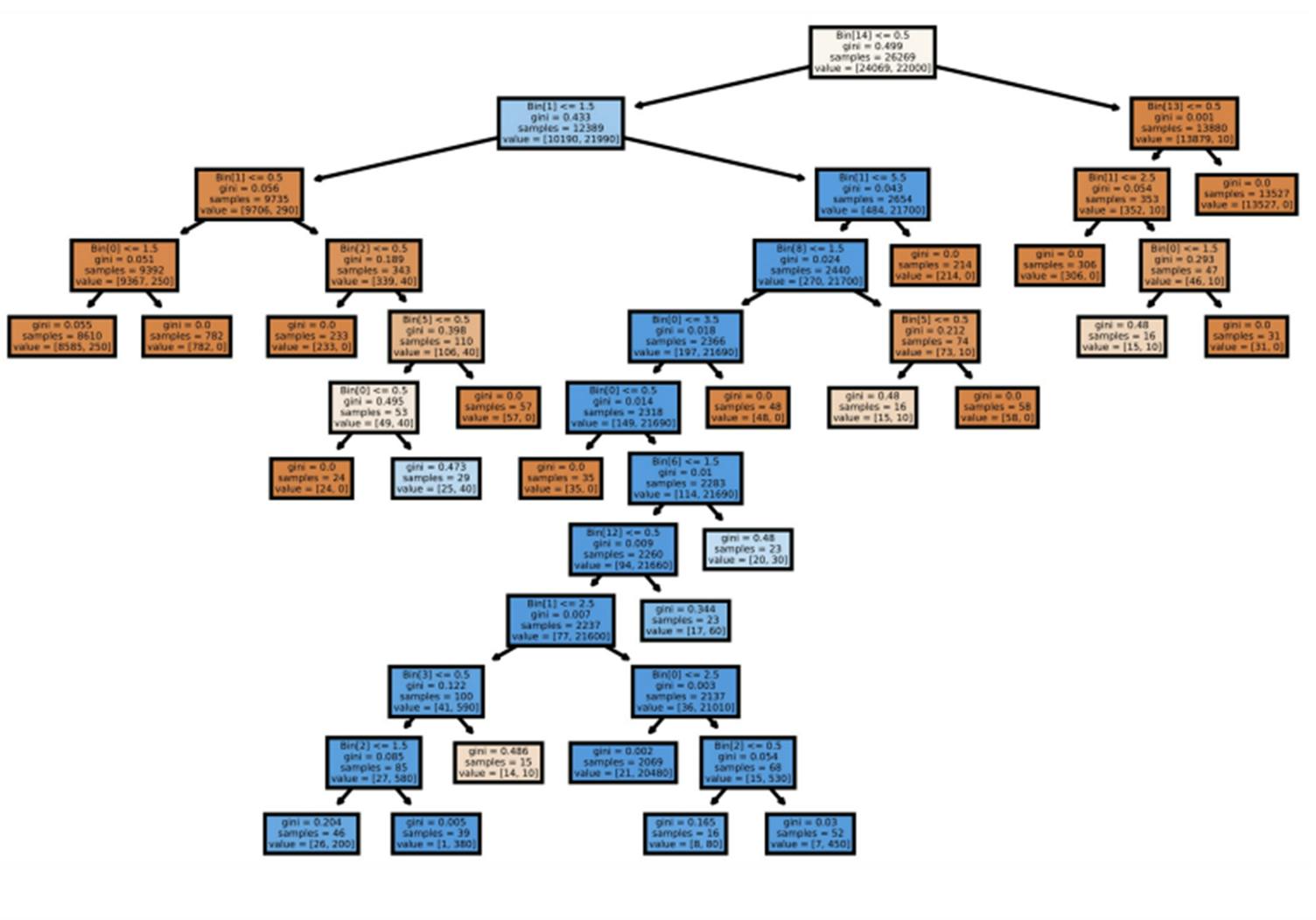:::info
Authors:
(1) Diwen Xue, University of Michigan;
(2) Reethika Ramesh, University of Michigan;
(3) Arham Jain, University of Michigan;
(4) Arham Jain, Merit Network, Inc.;
(5) J. Alex Halderman, University of Michigan;
(6) Jedidiah R. Crandall, Arizona State University/Breakpointing Bad;
(7) Roya Ensaf, University of Michigan.
:::
Table of Links
Abstract and 1 Introduction
2 Background & Related Work
3 Challenges in Real-world VPN Detection
4 Adversary Model and Deployment
5 Ethics, Privacy, and Responsible Disclosure
6 Identifying Fingerprintable Features and 6.1 Opcode-based Fingerprinting
6.2 ACK-based Fingerprinting
6.3 Active Server Fingerprinting
6.4 Constructing Filters and Probers
7 Fine-tuning for Deployment and 7.1 ACK Fingerprint Thresholds
7.2 Choice of Observation Window N
7.3 Effects of Packet Loss
7.4 Server Churn for Asynchronous Probing
7.5 Probe UDP and Obfuscated OpenVPN Servers
8 Real-world Deployment Setup
9 Evaluation & Findings and 9.1 Results for control VPN flows
9.2 Results for all flows
10 Discussion and Mitigations
11 Conclusion
12 Acknowledgement and References
Appendix
A Appendix


![Table 5: Evaluation results on Merit, breakdown by configuration. Highlighted rows are “obfuscated” configurations. Variants marked with stars mean that the VPN provider does not disclose which obfuscation technique is used and we can only infer the variant type based on packet captures. Note Hide.me claims the tls-crypt option alone is enough to “obfuscate entire traffic” [18]. However, this option only encrypts control channel payloads but not the OpenVPN packer headers.](https://cdn.hackernoon.com/images/fWZa4tUiBGemnqQfBGgCPf9594N2-11b3v26.png)
:::info
This paper is available on arxiv under CC BY 4.0 DEED license.
:::










